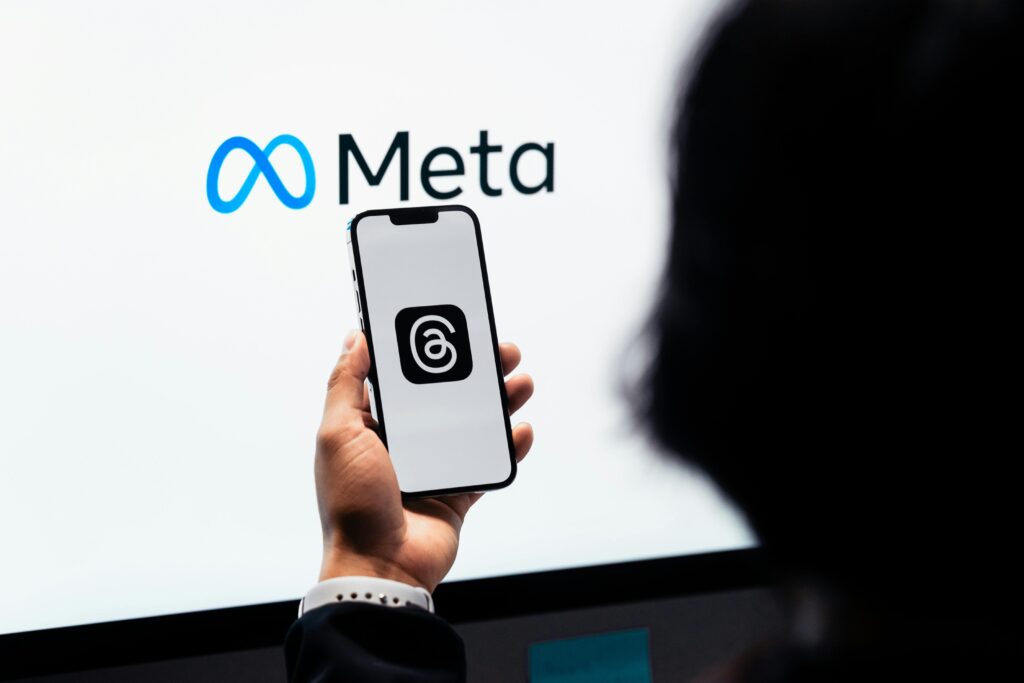In the settled globe of digital marketing, two media have arisen as leaders: Google Ads and Meta Ads. Both suggest exceptional advantages, but which one delivers a better return on investment (ROI)? This blog post delves deeper into separate platforms’ features, cost-effectiveness, and overall influence on ROI.
Understanding Platforms

Google Ads, yet known as Google AdWords, stands as a pay-per-click (PPC) advertisement platform. It lets businesses exhibit ads on Google’s search engine results portals and its associated network. Google Ads is well-known for its expansive spread and capacity to target users established on their search queries. This makes it a strong tool for enterprises seeking to entice customers who are vigorously exploring their products or services.
Meta Ads, formerly known as Facebook Ads, is the promotion platform of Meta Platforms Inc., the parent organization of Facebook, Instagram, and WhatsApp. It facilitates enterprises to display ads across its vast social media network. Meta Ads excels in demographic and interest-based targeting, leveraging the worth of user data known on its platforms to help enterprises acquire their perfect audience.
Audience Reach

Google, with its comprehensive tracking network and production network, reaches over 90% of internet users worldwide. This extensive spread creates a perfect platform for enterprises skimming to target an expansive audience. On the other pointer, Meta’s user base is mostly limited to its social media platforms, with Facebook alone bragging 2.8 billion active users. While its spread may be less than Google’s, Meta’s user base is highly committed, supplying companies with the chance to construct powerful connections with their audience.
Targeting Capabilities
Google Ads excels in intent-based promotion. It seizes users who are busily digging for typical products or services, authorizing enterprises to target their ads established on these search queries. This can guide to higher conversion rates, as users are already inquisitive in the development or service being advertised.
Meta Ads, regardless, shine in demographic and interest-based targeting. It allows user data from its social platforms by targeting businesses to show their ads established on aspects like age, location, interests, and behavior. This can be specifically beneficial for businesses seeking to achieve a precise demographic or niche audience.
Ad Formats
Google presents a variety of ad formats, including text-based search ads, shopping ads, and display ads. These structures can be effective for driving traffic and conversions, specifically for companies with a strong online presence.
On the other hand, Meta delivers a more eclectic range of ad formats, including photo, tape, carousel, and story ads. These formats can be more interesting and visually attractive, making them an excellent choice for businesses aiming to improve brand cognition and engagement.
Advertising Costs
The expense of promotion can differ significantly in both media based on factors like the initiative, keywords, and contest. However, the average cost-per-click (CPC) tends to be more down on Meta Ads compared to Google Ads. This can make Meta Ads a better cost-effective choice for companies with a narrow advertising budget.
ROI: The Decision
Choosing a straightforward victor in periods of ROI isn’t straightforward. Google Ads power delivers a higher ROI for corporations targeting users with high investment intent, while Meta Ads could exist more advantageously for brands seeking to raise attention and employment. Eventually, the option between Google Ads and Meta Ads should be dictated by your business goals, target audience, and budget.
In finding, both Google Ads and Meta Ads present distinctive benefits and can be effective agencies for digital marketing. A proportional transaction procedure often applies, leveraging both media to maximize reach and ROI. By comprehending the resilience and disadvantages of each forum, companies can make informed conclusions regarding where to subsidize their advertisement budget to reach the best ROI.
